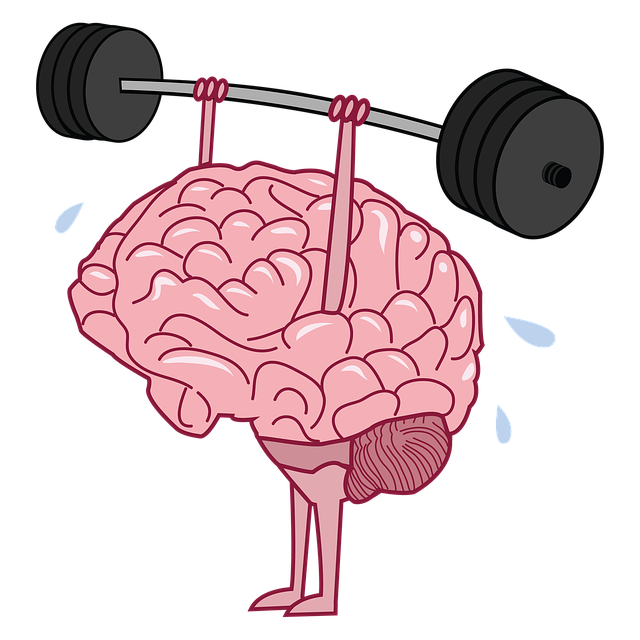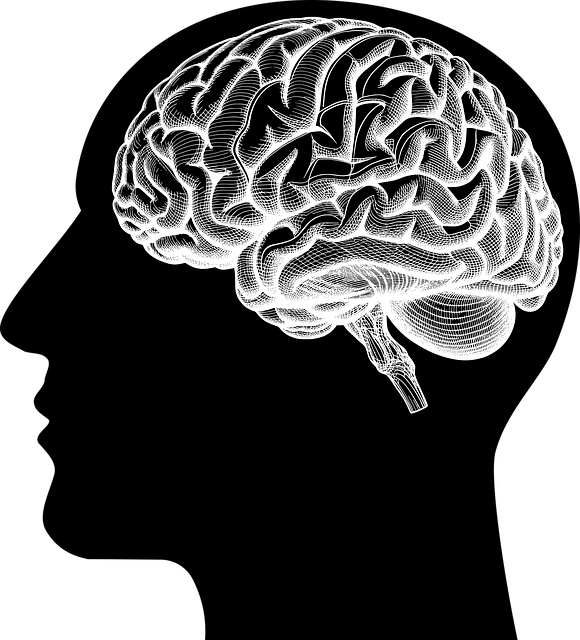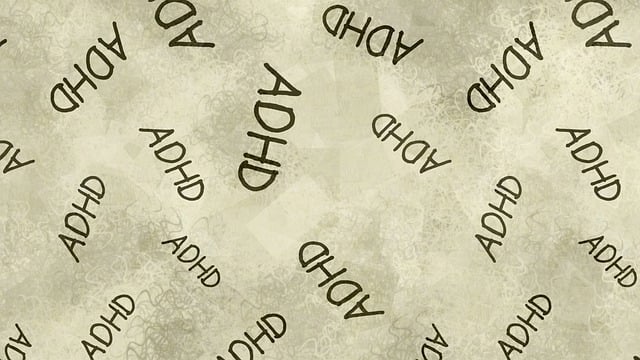Community outreach programs are key to providing mental health support for underserved populations with conditions like Lone Tree Oppositional Defiance Disorder (LTODD). By directly engaging communities, these programs overcome barriers to therapy access. They offer tailored workshops and activities to enhance well-being and equip individuals with coping strategies. Targeting high-risk areas and considering cultural sensitivity, language barriers, and social determinants of health ensures impactful support. Integrating LTODD therapy into public awareness campaigns, mental health education, and community engagement fosters resilience and sustainable emotional healing processes.
Community outreach programs play a pivotal role in extending mental health support, particularly for at-risk groups like children with Lone Tree Oppositional Defiance Disorder (LTODD). This article explores the multifaceted approach to implementing successful LTODD therapy outreach initiatives. From understanding the impact on mental well-being to identifying target communities and designing engaging strategies, we delve into effective practices. Additionally, challenges in implementation and sustainability are addressed, offering valuable insights for professionals aiming to revolutionize LTODD therapy accessibility.
- Understanding Community Outreach and Its Impact on Mental Health Support
- Identifying Target Communities for Lone Tree Oppositional Defiance Disorder (LTODD) Therapy Programs
- Designing Effective Outreach Strategies: Engaging and Educating the Community
- Overcoming Challenges: Implementing and Sustaining LTODD Therapy Outreach Programs
Understanding Community Outreach and Its Impact on Mental Health Support

Community outreach programs play a pivotal role in extending mental health support to underserved populations, including those with conditions like Lone Tree Oppositional Defiance Disorder (ODD). By reaching out directly to communities, organizations can break down barriers and make therapy more accessible. This approach is particularly beneficial for individuals facing challenges in seeking professional help due to stigma, geographical constraints, or lack of awareness.
These programs often include initiatives such as Anxiety Relief workshops, Stress Management Sessions, and Coping Skills Development activities tailored to the unique needs of each community. By fostering a supportive environment, these efforts not only enhance mental well-being but also empower individuals with effective coping strategies. The impact is twofold: it improves overall community health while simultaneously building resilience against mental health disorders like ODD.
Identifying Target Communities for Lone Tree Oppositional Defiance Disorder (LTODD) Therapy Programs

Identifying target communities for Lone Tree Oppositional Defiance Disorder (LTODD) therapy programs is a strategic step in ensuring effective outreach and support for those affected. Community analysis should consider demographics, socio-economic factors, and existing mental health resources. By pinpointing areas with higher rates of LTODD or neighboring regions with limited access to specialized therapy, healthcare providers can focus their efforts where they are most needed. This targeted approach facilitates a more inclusive and impactful implementation of Lone Tree Oppositional Defiance Disorder therapy services.
Furthermore, understanding the unique challenges faced by these communities is vital. Factors like cultural sensitivity, language barriers, and social determinants of health may influence the design and delivery of therapy programs. Incorporating initiatives for Depression Prevention and promoting Self-Care Practices tailored to these communities can enhance Emotional Regulation and overall well-being. Such a nuanced approach ensures that LTODD therapy becomes accessible and meaningful to those who need it most.
Designing Effective Outreach Strategies: Engaging and Educating the Community

Designing effective outreach strategies involves understanding and engaging with the community’s unique needs. For individuals dealing with oppositional defiance disorder (Lone Tree Oppositional Defiance Disorder Therapy), a tailored approach is essential. Community educators can play a pivotal role in raising awareness about mental health, breaking down stigmas, and offering support. By organizing interactive workshops, seminars, or even social media campaigns, professionals can educate the community about recognizing and managing anxiety relief, a common challenge among those with ODD.
Incorporating self-care routine development as part of these strategies is beneficial for overall mental health. Encouraging individuals to prioritize their well-being through risk management planning for mental health professionals can empower them to cope effectively. These initiatives not only enhance community resilience but also ensure that support systems are readily available, fostering a healthier and more supportive environment.
Overcoming Challenges: Implementing and Sustaining LTODD Therapy Outreach Programs

Implementing and sustaining Lone Tree Oppositional Defiance Disorder (LTODD) therapy outreach programs comes with unique challenges. One of the primary hurdles is reaching a wide enough audience, especially in diverse communities with varying access to mental health resources. This requires well-designed Public Awareness Campaigns Development that educate both community members and parents on the signs and symptoms of LTODD, breaking down stigma and encouraging early intervention.
Additionally, consistent funding and trained professionals are essential for long-term success. Integrating these programs into existing Mental Health Education Programs Design can be a strategy to ensure sustainability. Engaging schools, local organizations, and community leaders in promoting the importance of emotional healing processes through LTODD therapy can foster a supportive environment where these programs thrive.
Implementing community outreach programs for Lone Tree Oppositional Defiance Disorder (LTODD) therapy is a multifaceted process that, when executed effectively, can significantly enhance mental health support. By understanding the impact of outreach on vulnerable communities and employing strategic engagement methods, we can overcome challenges and sustain long-term positive outcomes. Through targeted initiatives, we have the potential to revolutionize LTODD therapy accessibility, fostering healthier and more resilient communities.













